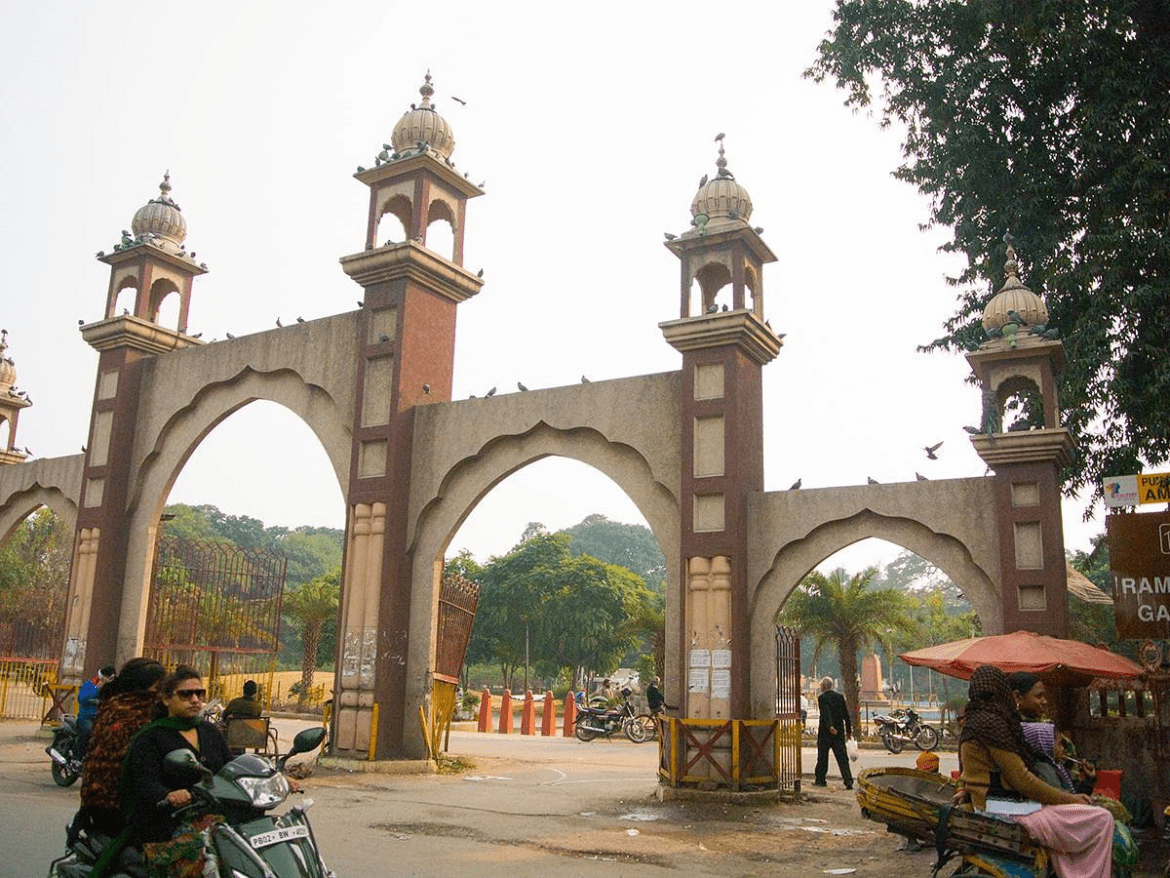AI Generated Summary
- The UNESCO Asia-Pacific Awards for Cultural Heritage Conservation, an annual program that commenced in 2000, acknowledges the dedication of individuals and organizations towards preserving and transforming structures of historical significance in the region.
- The UNESCO Asia-Pacific Award for Cultural Heritage Conservation in the category of Special Recognition for Sustainable Development further highlights the site’s commitment to transformative heritage practices aligned with principles of sustainable development.
- The UNESCO Asia-Pacific Awards continue to play a vital role in promoting and celebrating the tireless efforts of individuals and organizations dedicated to preserving the historical treasures that define our shared heritage.
In a significant achievement, the Rambagh Gate & Ramparts in Amritsar have been honored with the prestigious UNESCO Asia-Pacific Awards for Cultural Heritage Conservation. The accolade, received this year, marks another historic milestone for the city, recognizing the exceptional efforts put forth in the restoration and conservation of these heritage structures.
The UNESCO Asia-Pacific Awards for Cultural Heritage Conservation, an annual program that commenced in 2000, acknowledges the dedication of individuals and organizations towards preserving and transforming structures of historical significance in the region. Projects are evaluated based on their grasp of the site’s essence, technical accomplishments, sustainability, and overall impact.
Architect and conservationist Gurmeet Sangha Rai, also the city anchor for the HRIDAY project, spearheaded the noteworthy Rambagh Gate Restoration and Conservation Project. Beyond the restoration of the 200-year-old historic gate built during Maharaja Ranjit Singh’s reign, the project extended its scope to the surrounding building that once housed a school and a printing press.
Gurmeet Rai shared insights into the project, emphasizing the comprehensive nature of the conservation efforts. The restoration not only preserved the historic gate but also included a segment of the original wall, echoing the thickness of the city’s original fortifications. The dilapidated school building, now renovated, has seen the addition of classrooms and improved facilities, all while preserving the site’s authentic appearance using Nanakshahi bricks and design.
The UNESCO Asia-Pacific Awards also recognized other remarkable projects. Karnikara Mandapam at Kunnamangalam Bhagawati Temple in Kerala received an award of distinction, while the Church of Epiphany in Haryana was acknowledged with an award of merit. Notable landmarks such as the David Sassoon Library and Reading Room in Mumbai and Bikaner House in New Delhi were also mentioned for their contributions to heritage conservation.
Meanwhile, in Gurdaspur district, the Peepal Haveli in Nawanpind Sardaran received special recognition for sustainable development, adding another accolade to its growing list of achievements. The UNESCO Asia-Pacific Award for Cultural Heritage Conservation in the category of Special Recognition for Sustainable Development further highlights the site’s commitment to transformative heritage practices aligned with principles of sustainable development.
Nawanpind Sardaran, a picturesque Punjabi village located along the UBDC canal, has become a tourist hotspot. The 125-year-old Peepal Haveli, owned by renowned heritage conservationist (Mrs) Gurmeet Sangha Rai, stands as a testament to the region’s rich history. The village itself gained recognition earlier, receiving the ‘Best Tourism Award’ from the Union Ministry of Tourism.
Gurmeet Sangha Rai expressed her delight at the response from tourists, both domestic and foreign, who visit Peepal Haveli throughout the year. The UNESCO Award for Peepal Haveli saw stiff competition, with 48 entries from 11 countries in the Asia-Pacific region. The esteemed jury, consisting of seven international conservationist experts, deliberated the entries on November 9 and 10, recognizing Peepal Haveli for its outstanding contribution to heritage conservation.
As these heritage sites garner global acclaim, they not only stand as testaments to the rich cultural heritage of the region but also serve as beacons of inspiration for future conservation endeavors. The UNESCO Asia-Pacific Awards continue to play a vital role in promoting and celebrating the tireless efforts of individuals and organizations dedicated to preserving the historical treasures that define our shared heritage.




